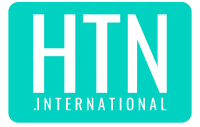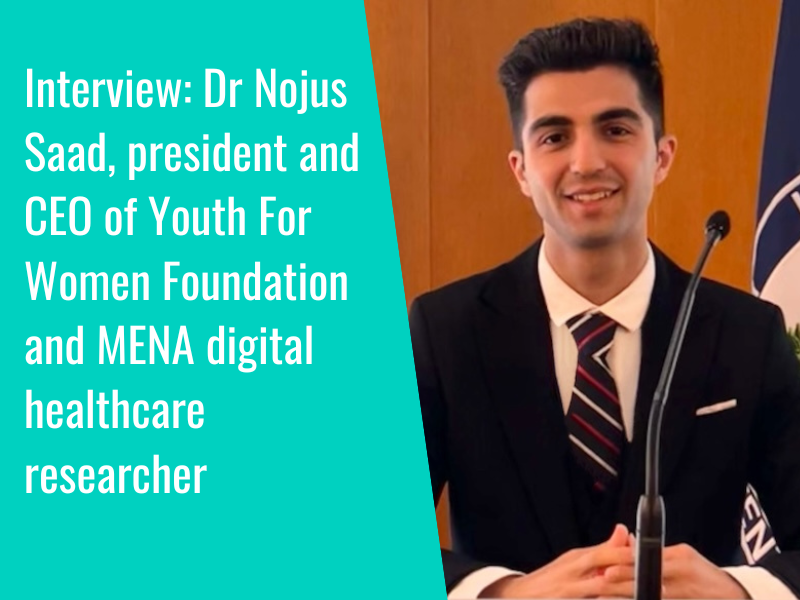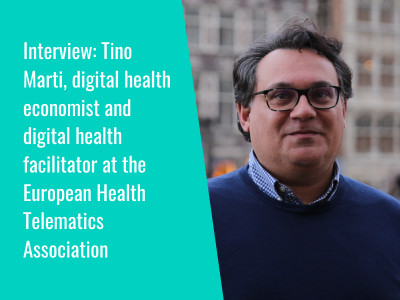Early last year, the Slovenian Ministry of Health declared that “digitalisation is the key step to a modern health system”, following the presentation of the healthcare digitisation strategy for Slovenia until 2027.
Slovenian Minister of Health Danijel Bešič Loredan voiced a commitment to ensuring that digital healthcare in Slovenia will become “a model and an example of good practice for other countries in the region and beyond”.
Loredan went on to present the ‘Overview of the situation in Slovenian healthcare’, outlining challenges including an ageing population and increasing costs of treatment, as well as calling for reform based on the Estonian health system “while taking into account Slovenia’s specifics”.
The minister called digitalisation of the healthcare system a “key step” to achieve a vision whereby “all residents of Slovenia [will] have equal access to the same quality of healthcare services, regardless of their socio-economic status, region, nationality, gender, education, political views, religious belief”; where the healthcare system is efficient and sustainable; and where it is prepared for future challenges such as the threat of new diseases.
Digital strategy
Slovenia’s eHealth strategy for 2022 – 2027 focuses on “developing an e-health and an investment plan that will outline the goals and priorities of the development of e-health in Slovenia”. It highlights plans to introduce a single electronic health record (eKarton), enhance connectivity between existing systems and databases, and create a National Health Framework for remote care.
The strategy covers the governance and financing of eHealth initiatives in Slovenia, addressing challenges around IT infrastructure and interoperability, and the continuous development of an interdisciplinary workforce within the “future eHealth governance model”.
The Digital Slovenia 2030 strategy published in 2023 also made several commitments to the progression of digital health, including that all citizens should have access to their e-health records, with 80 percent of citizens using electronic identification, by 2030; and that the use of artificial intelligence and other advanced technologies in priority areas such as health should be accelerated.
Digital solutions and electronic patient records
Slovenia’s eHealth (eZdravje) project, which ran from 2008 – 2015, introduced a number of digital health services at a national level, and paved the way for further digital transformation. Today, according to the eZdravje website, the nation’s health service reportedly features “secure and traceable real-time exchange of data and electronic documentation between all healthcare providers”; “access to patient electronic health records for all healthcare professionals at any healthcare institution in Slovenia”; and patient access to their data through a patient portal and mobile application.
The Central Registry of Patient Data is at the core of the Slovenian health system, facilitating the exchange and sharing of electronic health records nationally, and including a variety of healthcare documentation, such as advance directives, privacy consents, and patient statements. Patients can also access their referrals, prescriptions, test results and other documents using the zVEM patient portal, which uses digital identification to authenticate patient identity.
In 2016, the adoption of the Resolution on the National Health Care Plan 2016 – 2025 paved the way for the development of services across ePrescriptions, eReferrals, and a national teleradiology portal which enables the sharing of medical images and imaging reports.
AI and regulation
In terms of emerging technologies, the publication of the ‘National programme to promote the development and use of AI in the Republic of Slovenia by 2025’ highlighted healthcare as one of its priority areas of focus. As well as establishing a legal and regulatory framework for the use of AI in society, the programme’s aims include supporting research and innovation for “safe, reliable and trustworthy AI technologies”.
The programme documents refer to the opportunities for “accelerated implementation of AI in the healthcare sector based on over 40 years of research collaboration” between AI experts and healthcare professionals, as well as “successful solutions developed by Slovenian companies in this field”. It notes plans to establish a “national data space” in the healthcare field for the application of AI, and to support the setting up of “test and experimental platforms for AI tools and algorithms” in areas including health.
Research on ePrescribing in Slovenia
Next, let’s take a look at some research.
A study published in March 2024 analysed the development of ePrescribing in Slovenia, from initial introduction in 2015 at primary level, through deployment at secondary and tertiary level in 2016, to becoming something “used daily by healthcare providers and in Pharmacies”.
Authors looked at the current functioning of the electronic prescription service, which allows clinicians to examine a list of medications that patients already take, to see previously prescribed products, to browse the Central Database of Drugs to select the medication they would like to prescribe, and to check suitability of medications for athletes against the list of prohibited substances.
They highlight how ePrescriptions are signed with a digital certificate, before being sent to the central e-database, where they can be retrieved and fulfilled in pharmacies using the patient’s health insurance card. Data from the prescription is also available through the zVEM patient portal, where patients can view current prescriptions, where they were prescribed, and how many renewals are available.
The study presents data on the use of eprescribing in Slovenia, sharing that in 2023, the total number of ePrescriptions “exceeded 15,600,000”, or eight prescriptions per resident of Slovenia per year. It also highlights the use of the solution by 1500 healthcare providers, and that electronic prescriptions represented 97 percent of all prescriptions in 2023.
Rant Z and Stanimirovic D (2024) Analiza razvojnih in uporabniških vidikov eRecepta v Sloveniji, 43rd International Conference on Organizational Science Development. DOI:10.18690/um.fov.3.2024.63
In our last deep dive, we looked at digital health transformation in Japan, to find out more about how the nation is embracing technology in the realms of health and care.
- 1
- 2














